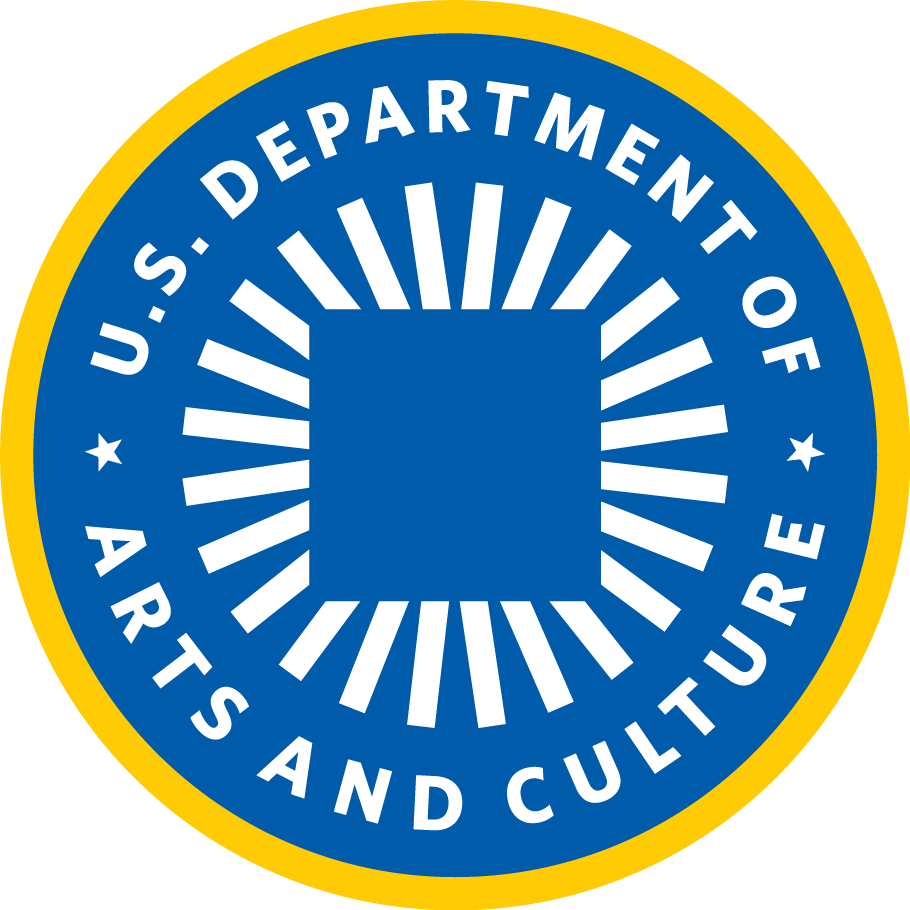Alternate ROOTS was founded at the Highlander Research and Education Center in 1976 on the heels of the Vietnam War. Highlander was a place dear to Dr. King’s heart. Our work is consistent with Dr. King’s vision of the Beloved Community. We seek to nurture a community where art and culture are essential to human development and the dismantling of oppressive structures. We are deeply rooted in the South and informed by the unique strategic place the South holds in the transformation of our society. We hold Dr. King as an important and essential frame for our continued growth and development.
As a coalition of cultural workers, we strive to be allies in the elimination of all forms of oppression. When working in and with our communities, we embrace five principles of community engagement; this is how we practice our #RevolutionOfValues:
Shared Power: power is shared among all (willing) members of a group. Alternate ROOTS strives to be anti-oppressive and anti-racist. We focus our awareness on how power is recognized, structured, and shared in a community. We work for equity in all relationships. We model anti-hierarchical relationships. We strive to build personal power, a sense of self, and the ability to speak against injustice and act for good in the world.
Partnership: true partnership must be equitable; equitable partnership can exist when all entities involved treat each other as peers/equals. Our work is based on equal partnership—among ourselves, with our partners in and outside of Alternate ROOTS, and with people and organizations in communities. We share our expertise and invite others to share theirs; everyone creates and learns together on the issue at hand.
Open Dialogue: open dialogue is essential; active listening and honest response is imperative for open dialogue. We base our work in exchanges in which experience, questions, dialogue, and reflection are used for sharing and giving information. We are guided by Paolo Friere’s Pedagogy of the Oppressed and the concept of the democratic classroom. We teach by asking questions.
Individual and Community Transformation: individual/personal transformation can lead to community transformation and social change. We aim to provoke long-lasting, personal, and social change—one person at a time. We believe that imagination is a means of liberation, so we use art as an instrument of change. We intend for personal change to lead to community, institutional, systemic, social, and cultural change. Change is hard, scary work; we strive to create a safe environment and provide support for people in transition.
Aesthetics of Transparent Processes: We recognize and acknowledge that social justice aesthetics values multiple perspectives. Our work is arts-based social change. We believe the arts can be a powerful way of creating personal and community transformation.

